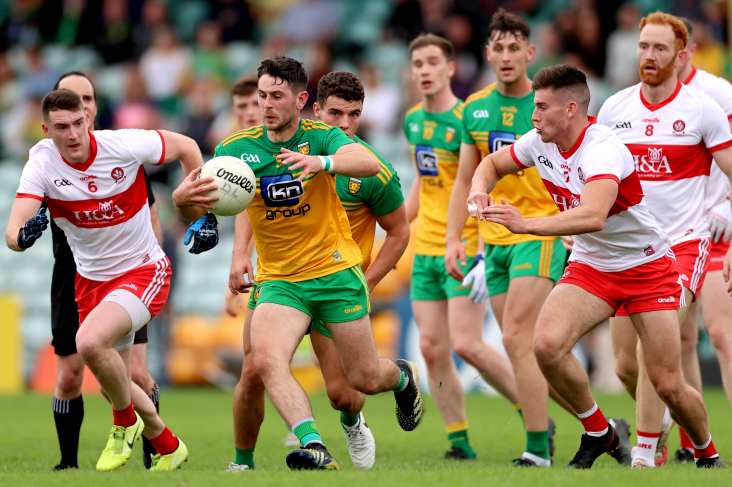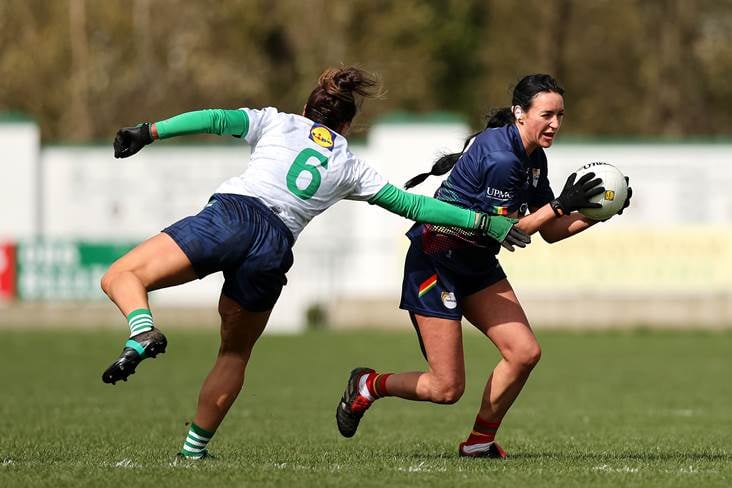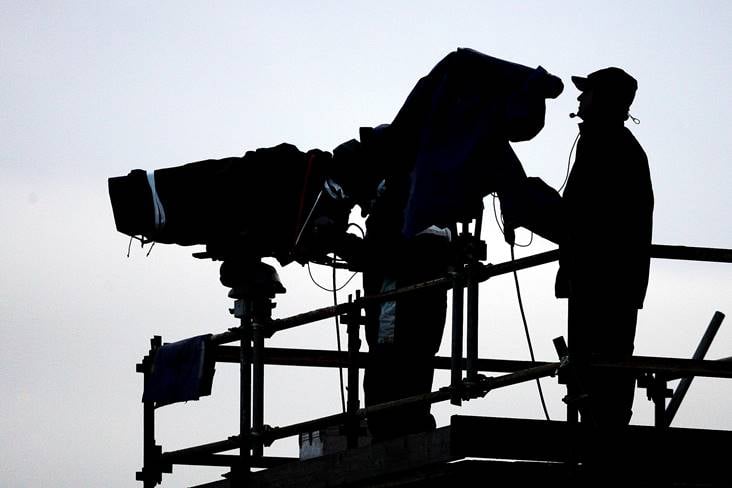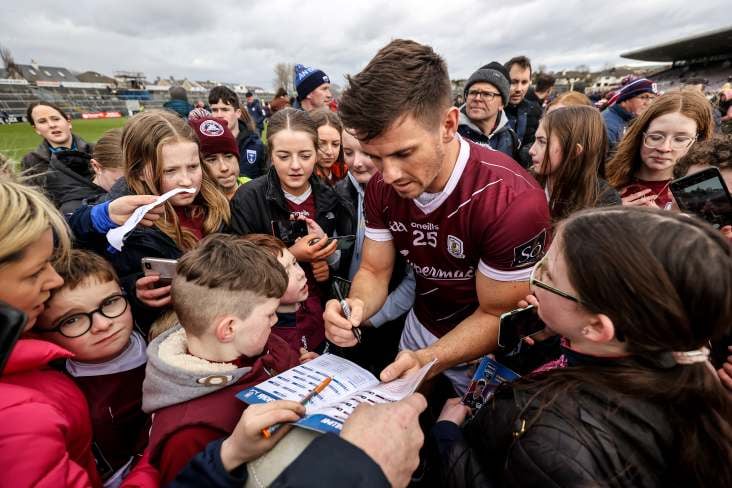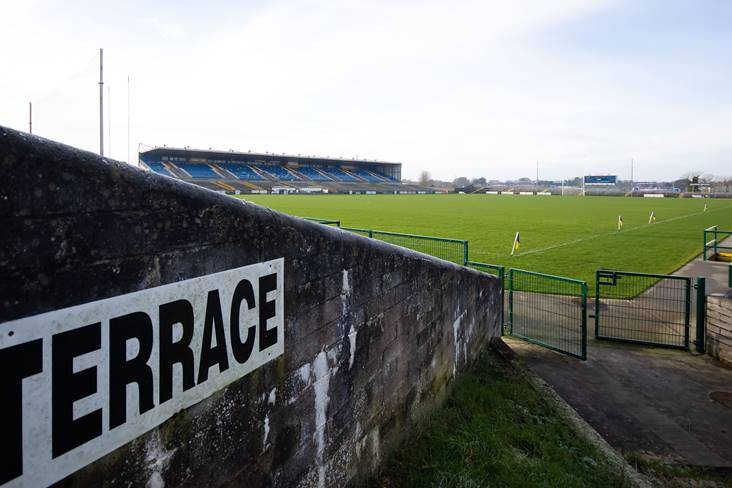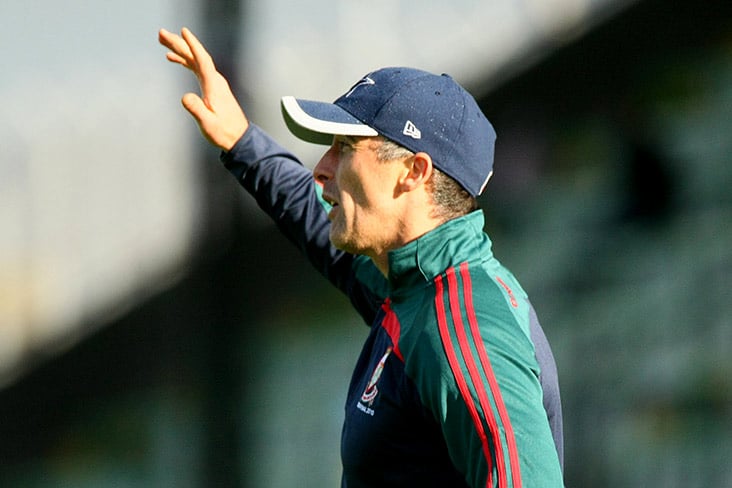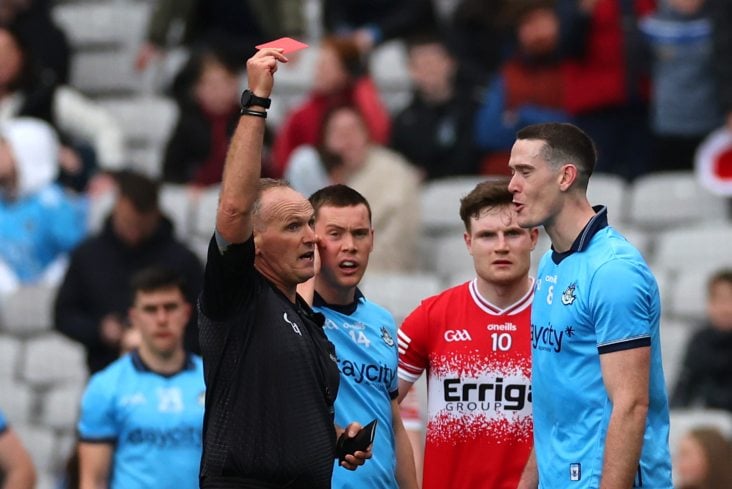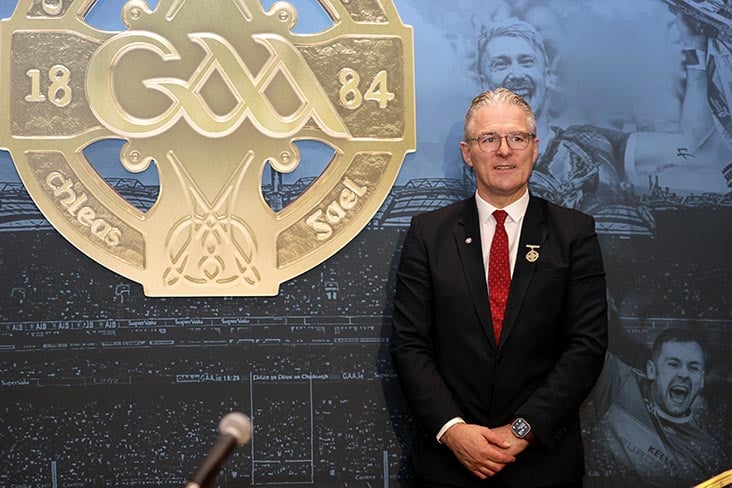Faulkner, Charlie
January 01, 2001Born in the townland of Carrowbeg, Lecamy, Inishowen on September 30, 1926, he was one of a family of twelve. His father was killed by the kick of a horse on their farm when Charlie was only 14 years old. His mother survived until 1971.
As a boy growing up on a farm he naturally acquired many untutored skills repairing machinery, doing the odd bit of electrical work, building and renovating outhouses and, even when the occasion demanded it, helping to shoe horses.
When he left St Joseph's College, Ballydoyle, Dublin and was faced with choosing a career, his earlier brush with these skills seemed to present a greater challenge than soft collar jobs his education had been preparing him for, so he joined his older brother Pat in the building industry where he learned crafts and management.
When the Erne Hydro Scheme started in Ballyshannon, he left Dublin to take up skilled work with the Cementation Company. Two years later, in 1950, he was offered an appointment with Donegal County Council on a scheme of house repairs and he moved to Letterkenny. His ability did not go unrecognised for long and he was appointed to the supervisory staff.
It was around this time that the roads through Barnesmore Gap and from Ballyshannon to Donegal were undergoing major repairs. There was also a new concept in the maintenance of secondary roads. The contract system had been phasedout and rural roads were treated with 'black-topping' .
This new work meant added responsibilities for Charlie. The contract system which had operated in many counties was archaic but effective for the demands made on the roads at a time when the only transport over them was the horse and cart.
Stretches of road were put out for tender and farmers contracted to keep it in repair, clean the water tables and cut the weeds. The price per mile could be as low as £3 and for this the contractor had also to supply the surfacing stones and hire a steam roller to bed them. Most farmers who contracted for roads had small quarries on their land.
Like anyone who was dedicated to his work. Charlie's first priority was to his job. This did not mean 'all work and no play' however. On the contrary, Charlie became very much a part of the social scene during his years in Donegal Town, as well as being in the forefront of every scheme initiated for the wellare of the community.
A new golf course had been mooted for Donegal when he arrived in town and his wide variety of skills and experience were of great help when the course was being planned and laid out. He was not long in town when he was invited to join the local dramatic society. Next he joined the Pioneer Centre
For most people membership of any one of these groups would have been demanding enough but Charlie Faulkner was different. He believed any talents God gave him should be retumed for the good of the people and that's what he had been doing all these years.
To help the needy he joined the local conference of St Vincent de Paul Society; to promote the community he became a member of the town Development Association; to further Irish culture he became part of Gaelic movements like the G.A.A. and the Gaelic League. No worthy cause that ever appealed to him ever found him unheeding.
It was perhaps as a member of the Development Association that Charlie was able to display his greatest abilities while he was in position to liaise between the Association and the County Council's engineering department. Much of the work achieved by the Association while he was a Member resulted from his sound advice and representations. One thing that became obvious from these was the great respect in which he was held by his superiors in the Council .
He was also held in respect by his fellow workers not least for the long fight he had been conducting to improve their working conditions. This led him to the chairmanship of the Federated Union of Ireland regional committees for counties Donegal, Sligo, Leitrim, Roscommon and Cavan. He was also vicechairman of the F.U.I. Rural Group Council for all Ireland and a member of the national executive.
In addition to this he was chairman of the Local Authorities Services Association of Ireland. This necessitated meetings every two weeks in Dublin. He was also selected to attend an International Labour Convention in Geneva and also attended many meetings in Brussels.
But as always in Charlie's eventful life nothing stood still for too long and promotion saw him move from Donegal Town to Lifford to take control of the Co. Council's machinery yard.
Initially he lived in Killygordon and spent four years there throwing himself wholeheartedly into the life of the community where he put his experiences gained in Donegal Town to good use.
He set up the Finn Valley's first Youth Club. His interest in the youth stemmed from his association with the great 'teenage' priest, Fr Simon O'Byrne O.F.M. He was also chairman of the Catholic Youth Crusade started by Fr Simon and Sister Catherine O'Flynn. He helped organise the wonderful teenage rallies in Knock which attracted as many as 20,000 young people from all over Ireland to Knock Shrine on one particular Sunday every year.
He also had his associations with the Franciscan Friary at Rossnowlagh. He was a member of Feis na gCeithre Maigistir since it was founded. He later formed a Conference of St Vincent de Paul in Killygordon, organised an annual outing for senior citizens and established a development association there along the lines of the one in Donegal Town. The time came for him to move on once again but not before he had left Killygordon a richer place for having known him.
In 1971 he took up residence in Stranorlar where he had built a modern bungalow at Admiran, on the outskirts of the town on the Letterkenny Road. Once again he repeated the pattern that had become a lifestyle for him. He became a member of the Sean MacCumhaills G.A.A. Club at a time when outside help was greatly appreciated. A new sports centre had been mooted which it was estimated would cost £23,000. By the time it was finished he was chairman of the club.
The new premises became centre for the promotion of Gaelic culture in the area. So successful did it become that an extension was required to meet the club's needs and a further £20,000 was spent on this. Over the years he oversaw many additional developments at his beloved MacCumhaill Park to the stage now where it can comfortably hold 20,000 people. His trojan work in terms of grounds development also included drainage work on the River Finn around MacCumhaill Park and along with the late Justin Brady overseen many developments at first hand.
He remained on as chaimman until he took the position of County Chairman (1987-1991) but when his term was over returned once again as chairman and secretary of the club. He was made President last year. He also played a major role as the Donegal Association in New York's link man in the county. He helped organise their very successful 1984 Centenary Tour and again when they celebrated their 100th anniversary a number of years ago. His trojan work in terms of grounds development also included drainage work on the River Finn around MacCumhaill Park. Like in his other adopted towns, Charlie became immersed in the local scene and was soon spearheading one initiative or another. The Cunamh Traditional Weekend Festival, the Twin Towns Festival, St Vincent de Paul and many more. He was also in great demand as an MC at charitable functions, an adjudicator at various competitions, one of the organisers of the Parish Draws and other fund raising events for all sorts of worthy causes and of course as an instructor with the Civil Defence, of which he became County Chief Warden.
Charlie passed away in Letterkenny General Hospital following a lengthy illness. He will be sadly missed both as a community leader and as a very unselfish man who made the the effort to better everyone's lives.
Deepest sympathy is extended to his wife Philomena, sons Seamus, Neil, Cathal and Declan and daughters Philomena and Teresa and to their families, relatives and wide circle of friends.
Ar dheis De go raibh a anam.
Courtesy of The Donegal Democrat Tweet
